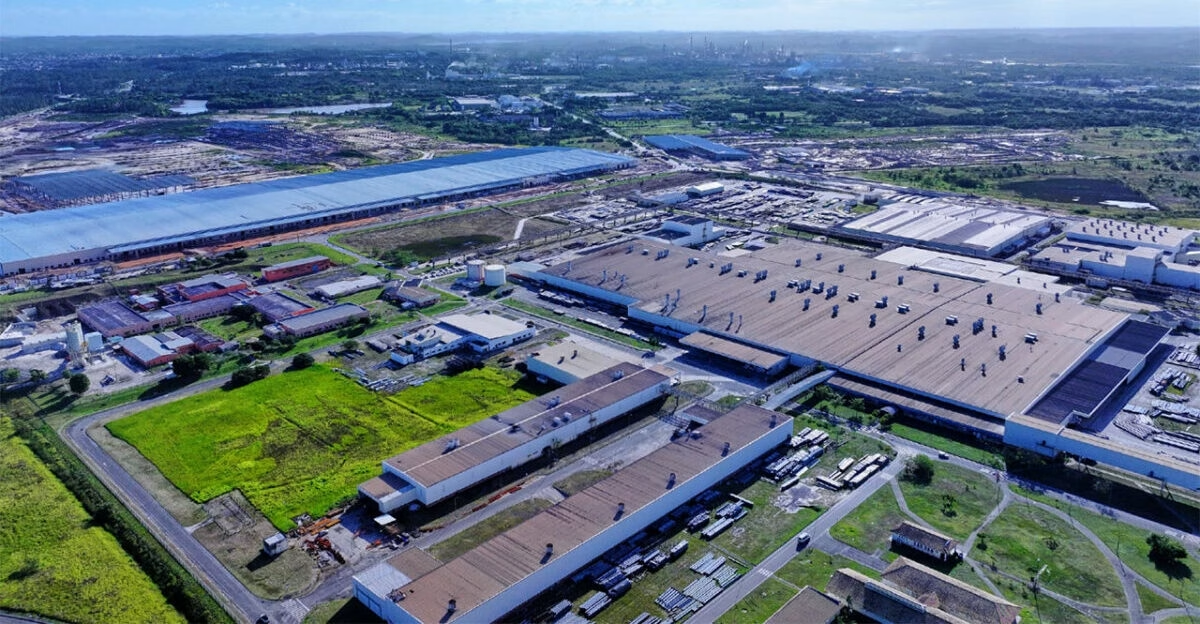BYD's Brazilian Bet: The Seagull Takes Flight and What It Means for EVs in Latin America
It's not every day you see a global automotive giant plant its flag so decisively in a new market, especially one as dynamic and, let's be honest, sometimes challenging as Brazil. But that's precisely what BYD has done, kicking off local production of its electric vehicles, with the much-anticipated Seagull (known as the Dolphin Mini there) leading the charge. This isn't just another factory opening; it's a strategic maneuver that could reshape the EV landscape across Latin America. And frankly, it's a pretty exciting development for anyone watching the transition to electric mobility.
For years, the narrative around EVs in many emerging markets has been one of aspirational luxury, often out of reach for the average consumer. BYD, however, seems intent on flipping that script, and their move into Brazil is a prime example.
Why Brazil? A Strategic Beachhead for BYD's Global Ambitions
You might wonder, why Brazil? Well, it's a massive market, the largest in Latin America, with a burgeoning middle class and a growing awareness of environmental issues. It's also a market that, despite its size, has historically been dominated by a few traditional players. BYD saw an opening, a chance to be a first-mover in local EV production on a significant scale.
Their new facility in Bahia, a converted Ford plant, isn't just any factory. It's BYD's first EV production hub outside of China, a clear signal of their commitment to international expansion. With an annual capacity of 150,000 units, they're not just dipping their toes in; they're diving headfirst. They're bringing production closer to the consumer, which, as any supply chain expert will tell you, is a smart play for reducing logistics costs and tariffs. And that, ultimately, translates to more competitive pricing for the consumer.
The Seagull's Ascent: Affordability as a Disruptor
The star of this show, at least initially, is the Seagull, or as it's known locally, the Dolphin Mini. This isn't a high-end luxury EV; it's designed to be an accessible, urban-friendly electric car. Its competitive pricing, which in some markets has been noted to be incredibly low, is its superpower. Think about it: an affordable, brand-new EV. That's a concept that has been largely missing from the equation for many consumers globally, let alone in Brazil.
Prior to production even starting, BYD had already sold over 130,000 units in Brazil. That's not just impressive; it's a clear indicator of pent-up demand for affordable electric options. The Dolphin Mini isn't just a car; it's a statement. It tells the market that EVs don't have to be a premium purchase. This could genuinely accelerate EV adoption in Brazil, pushing other manufacturers to re-evaluate their strategies and perhaps, finally, bring more budget-friendly electric models to the fore. It's a wake-up call for the incumbents, isn't it?
Economic and Environmental Ripples: More Than Just Cars
The impact of BYD's investment goes far beyond just selling cars. This new plant is a significant economic boon for the region. We're talking about the creation of 10,000 direct and indirect jobs. That's a huge number, providing employment and fostering new skills in the local workforce. It's a real shot in the arm for the local economy, creating a ripple effect through various industries.
From an environmental perspective, this move aligns perfectly with Brazil's broader goals of reducing carbon emissions. More affordable EVs on the road means less reliance on fossil fuels, cleaner air in urban centers, and a step towards a more sustainable future. It's a win-win, really. The government gets to tick boxes on their climate goals, and consumers get access to cleaner transportation.
The Road Ahead: Challenges and Opportunities
Of course, no major market entry is without its challenges. While BYD has a strong start, they'll face stiff competition from established players who won't just roll over. Infrastructure development, particularly charging networks, will also be crucial for widespread EV adoption. And consumer habits, deeply ingrained over decades of internal combustion engine dominance, won't change overnight.
Yet, the opportunities are immense. BYD's localized production allows them to better understand and adapt to the unique needs of the Brazilian market. It also positions them perfectly to serve the wider Latin American region, potentially becoming a manufacturing hub for the continent. This isn't just about selling cars; it's about building an ecosystem. They've got a strong product, a clear strategy, and the financial muscle to back it up. It's going to be fascinating to watch how this unfolds.
A New Chapter for Brazilian Mobility
BYD's decision to kick off EV production in Brazil marks a pivotal moment. It’s a testament to the company’s aggressive global expansion strategy and a clear signal that affordable electric vehicles are no longer a distant dream for emerging markets. The Seagull, or Dolphin Mini, is more than just a car; it's a symbol of accessibility and a potential catalyst for widespread EV adoption. This move isn't just good for BYD; it's a significant step forward for Brazil's economy, its environment, and the future of mobility in Latin America. It's truly a new chapter being written.
